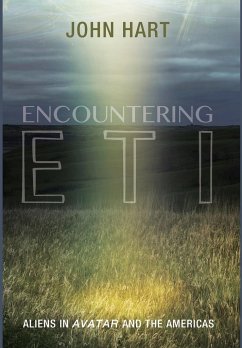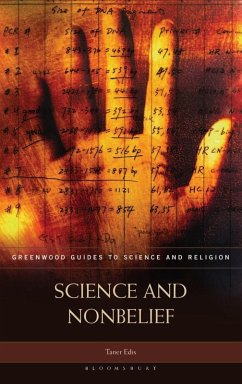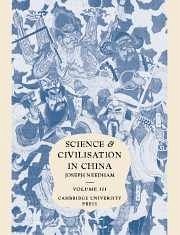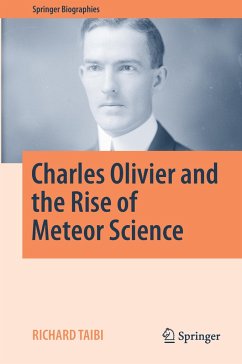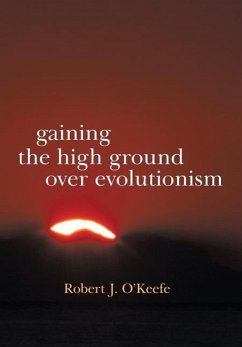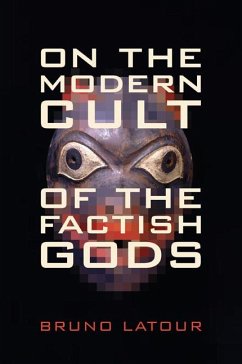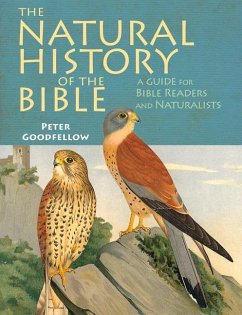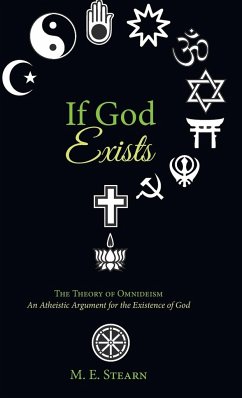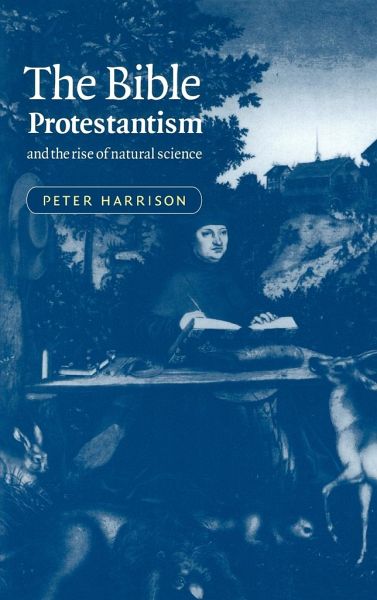
The Bible, Protestantism, and the Rise of Natural Science

PAYBACK Punkte
55 °P sammeln!
Peter Harrison examines the role played by the Bible in the emergence of natural science. He shows how both the contents of the Bible, and more particularly the way it was interpreted, had a profound influence on conceptions of nature from the third century to the seventeenth. The rise of modern science is linked to the Protestant approach to texts, an approach which spelt an end to the symbolic world of the Middle Ages and established the conditions for the scientific investigation and technological exploitation of nature.Table of contents:Introduction; 1. Worlds visible and invisible; 2. Sen...
Peter Harrison examines the role played by the Bible in the emergence of natural science. He shows how both the contents of the Bible, and more particularly the way it was interpreted, had a profound influence on conceptions of nature from the third century to the seventeenth. The rise of modern science is linked to the Protestant approach to texts, an approach which spelt an end to the symbolic world of the Middle Ages and established the conditions for the scientific investigation and technological exploitation of nature.
Table of contents:
Introduction; 1. Worlds visible and invisible; 2. Sensible signs and spoken words; 3. The two reformations; 4. Re-reading the two books; 5. The purpose of nature; 6. Eden restored; Conclusion; References; Index.
Peter Harrison examines the role played by the Bible in the emergence of natural science. He shows how both the contents of the Bible, and more particularly the way it was interpreted, had a profound influence on conceptions of nature from the third century to the seventeenth.
An examination of the role played by the Bible in the emergence of natural science.
Table of contents:
Introduction; 1. Worlds visible and invisible; 2. Sensible signs and spoken words; 3. The two reformations; 4. Re-reading the two books; 5. The purpose of nature; 6. Eden restored; Conclusion; References; Index.
Peter Harrison examines the role played by the Bible in the emergence of natural science. He shows how both the contents of the Bible, and more particularly the way it was interpreted, had a profound influence on conceptions of nature from the third century to the seventeenth.
An examination of the role played by the Bible in the emergence of natural science.





